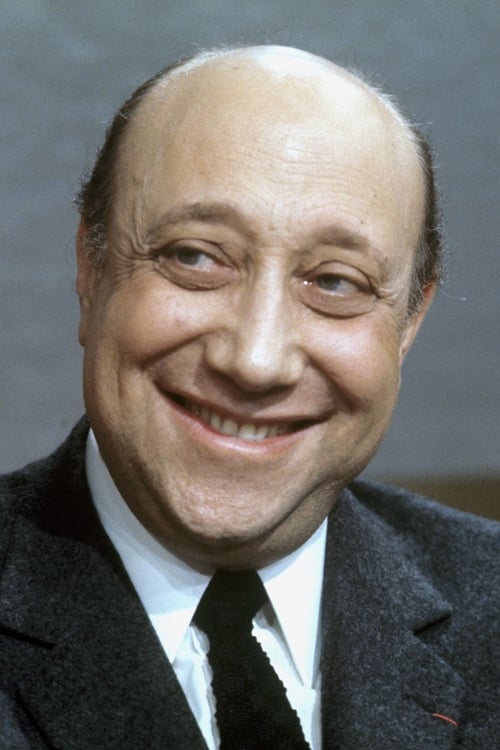
Jean-Pierre Melville
Biography
Jean-Pierre Grumbach (20 October 1917 – 2 August 1973), known professionally as Jean-Pierre Melville (French: [mɛlvil]), was a French filmmaker. Considered a spiritual father of the French New Wave, he was one of the first fully-independent French filmmakers to achieve commercial and critical success. His works include the crime dramas Bob le flambeur (1956), Le Doulos (1962), Le Samouraï (1967), and Le Cercle Rouge (1970), and the war films Le Silence de la mer (1949) and Army of Shadows (1969). Melville's subject matter and approach to filmmaking was heavily influenced by his service in the French Resistance during World War II, during which he adopted the pseudonym 'Melville' as a tribute to his favorite American author Herman Melville. He kept it as his stage name once the war was over. His sparse, existentialist but stylish approach to film noir and later neo-noir films, many of them in the crime dramas, have been highly influential to future generations of filmmakers. Roger Ebert appraised him as "one of the greatest directors." Description above from the Wikipedia article Jean-Pierre Melville, licensed under CC-BY-SA, full list of contributors on Wikipedia.
personal Info.
Known for
Directing
Known Credit
1.0272
Gender
Male
Birthday
1917-10-20
Place of Birth
Paris, France
Also Known as
Jean-Pierre Grumbach
让-皮埃尔·梅尔维尔
장피에르 멜빌
장-피에르 멜빌
장 피에르 멜빌
Known For
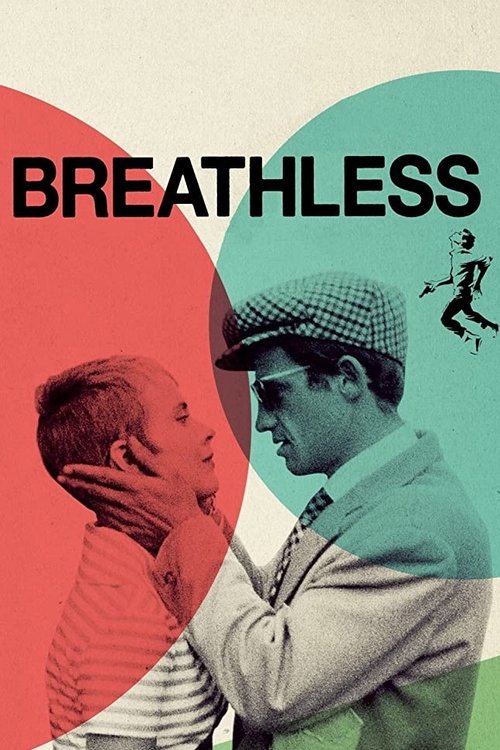
Breathless
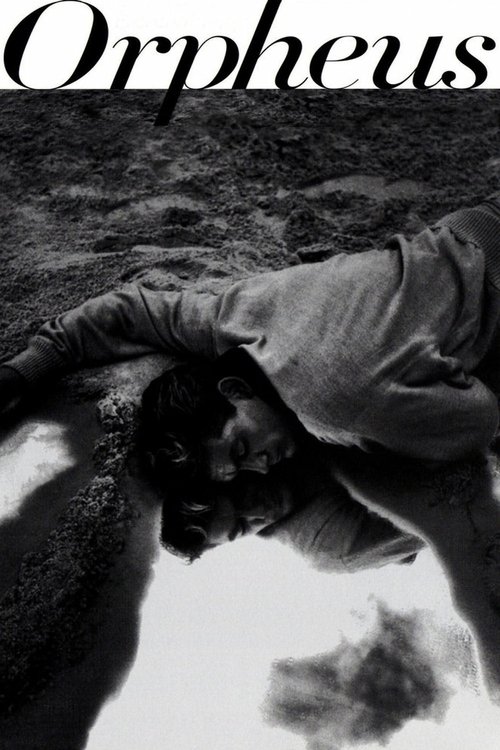
Orpheus
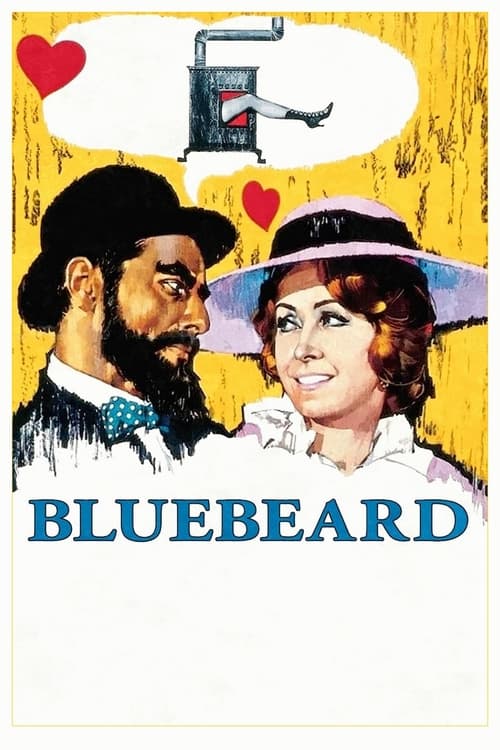
Bluebeard

Bob le Flambeur
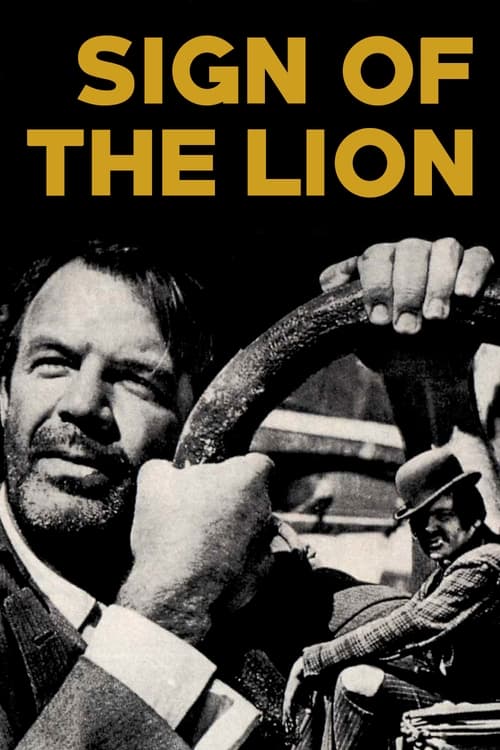
Sign of the Lion
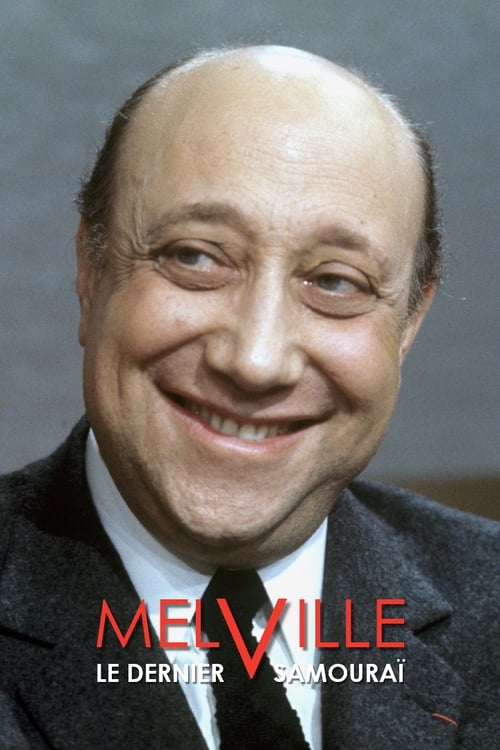
Melville, le dernier samouraï
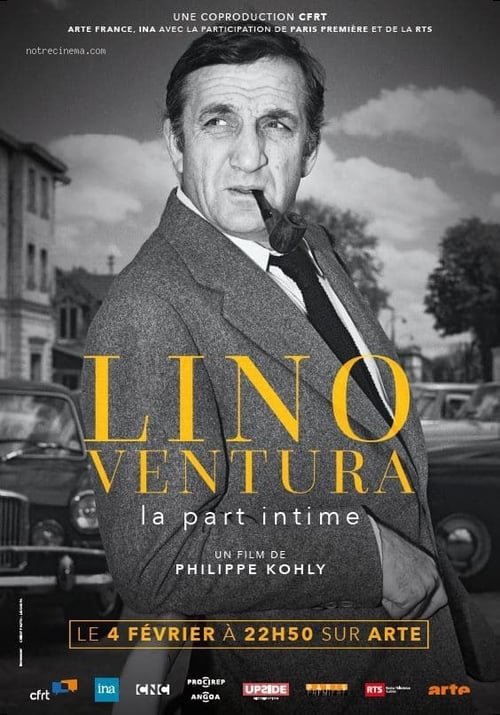
Lino Ventura, la part intime

Les Rois de la comédie
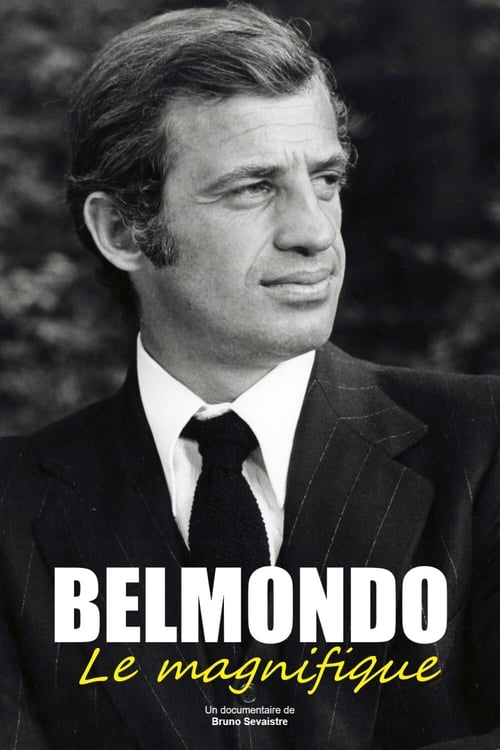
Belmondo, le magnifique
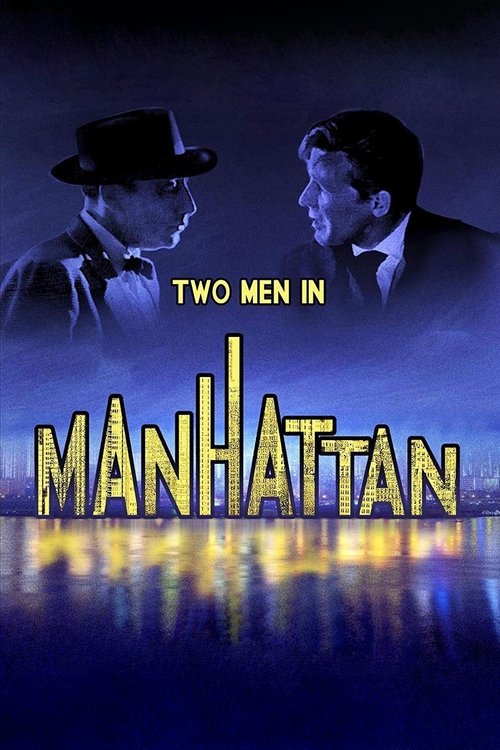
Two Men in Manhattan
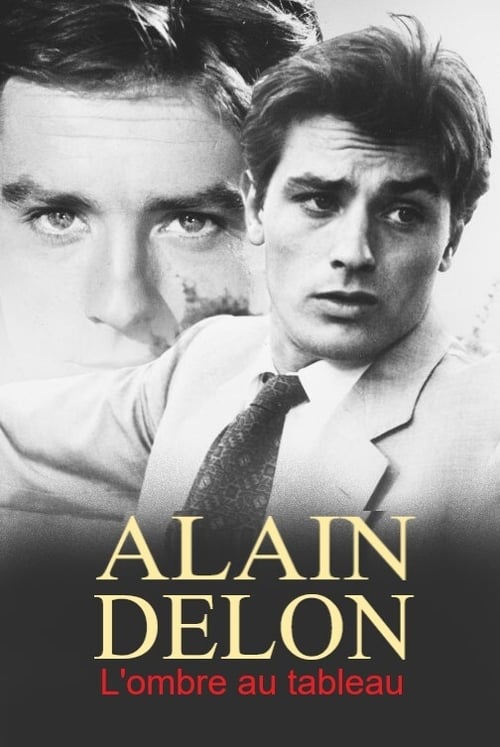
Alain Delon, l'ombre au tableau
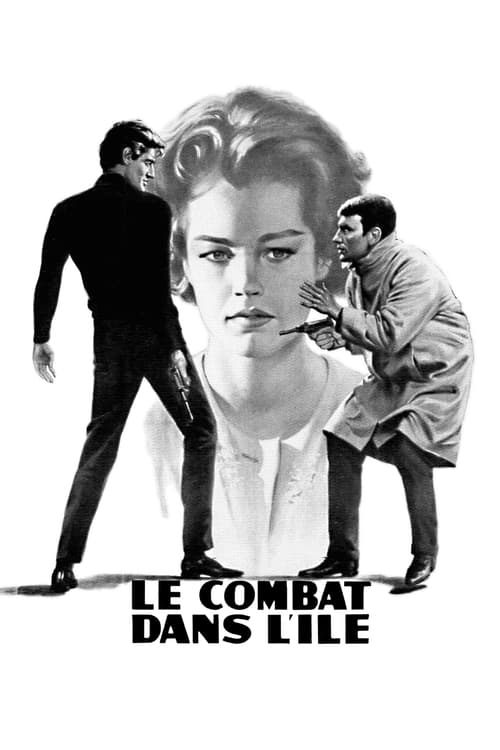
Le Combat dans l'île
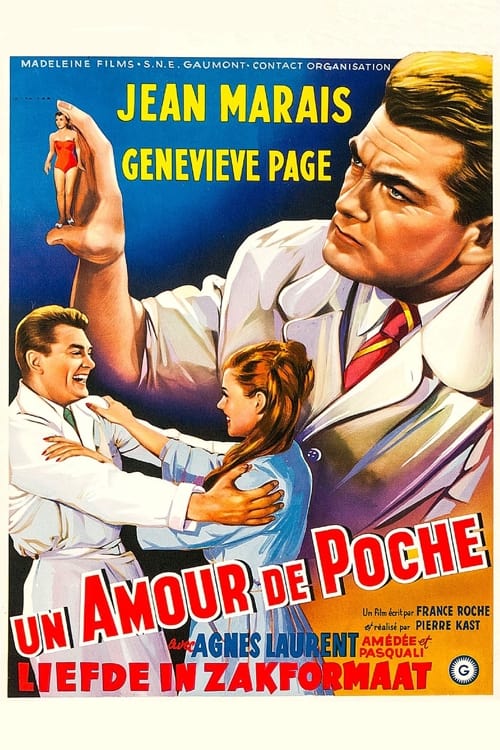
A Girl in a Pocket
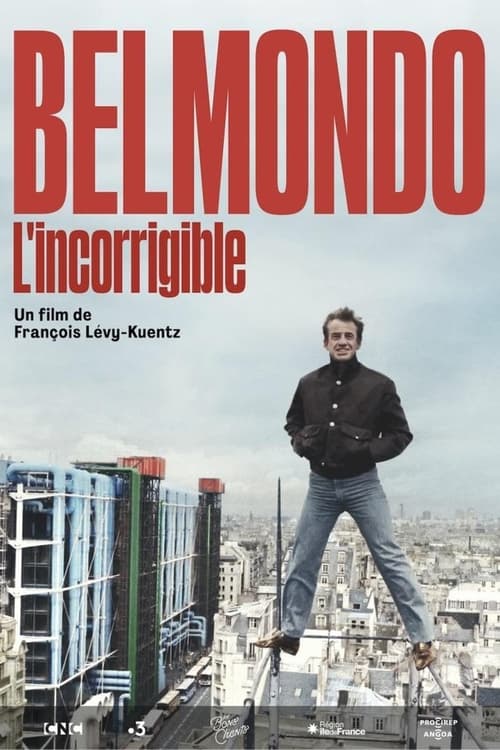
Belmondo: The Incorrigible
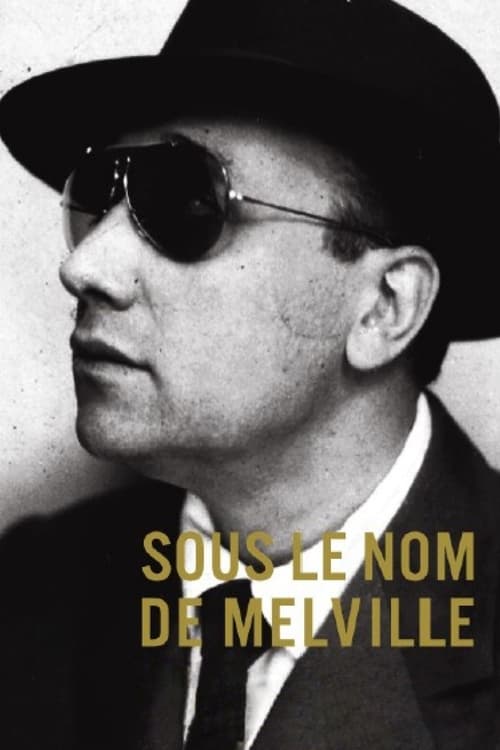
Code Name: Melville
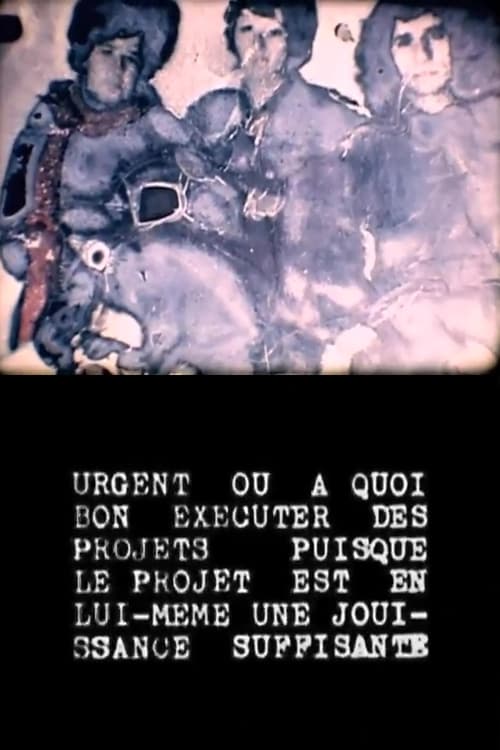
Urgent ou à quoi bon exécuter des projets puisque le projet est en lui-même une jouissance suffisante
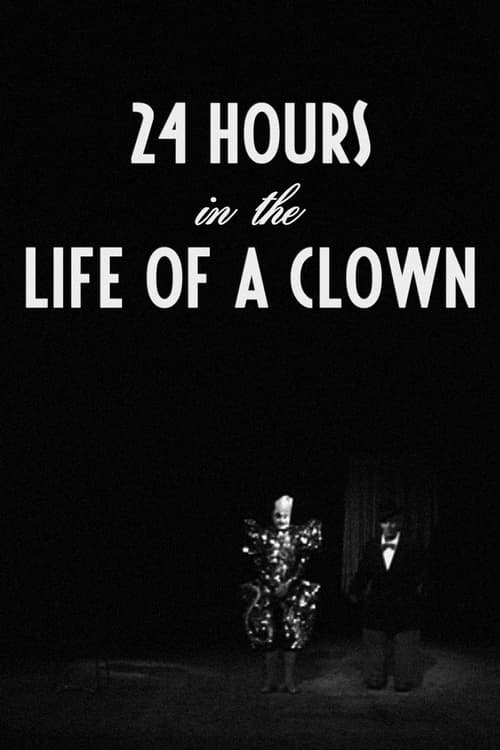
24 Hours in the Life of a Clown
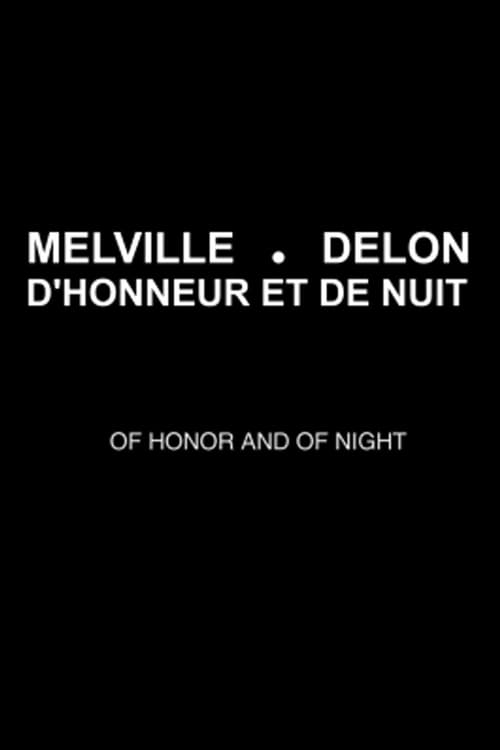
Melville-Delon: Honor and Night

Jean-Pierre Melville on the Set of Le Deuxième Souffle
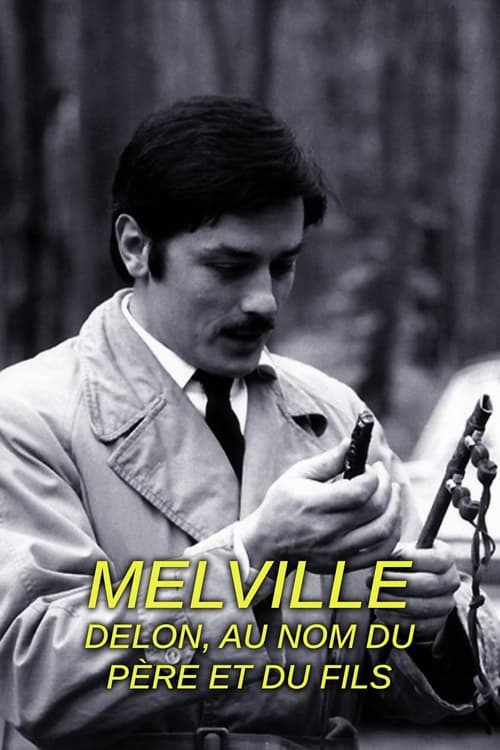
Delon Melville, la solitude de deux samouraïs